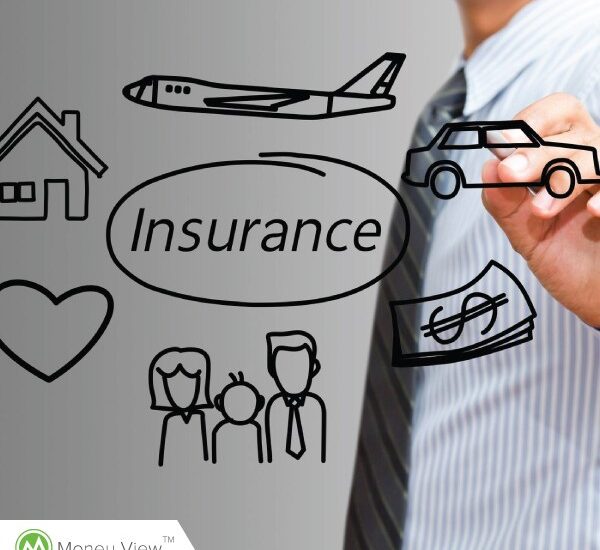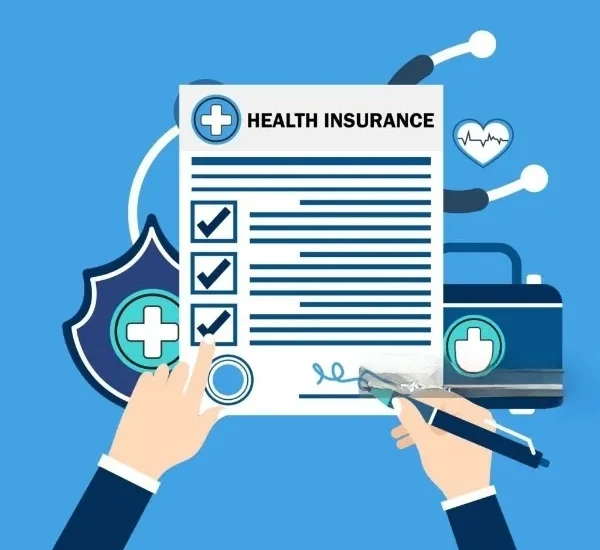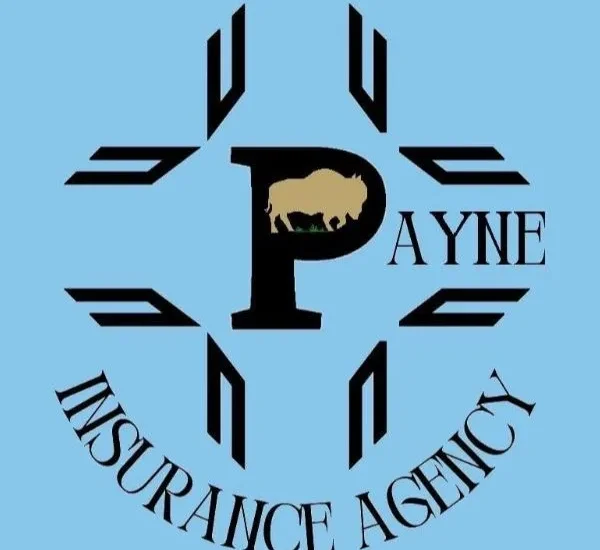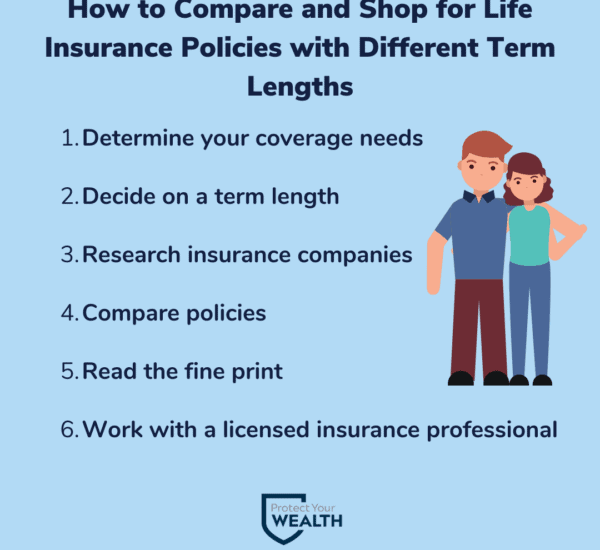Slip and fall accidents result in over one million emergency room visits annually, leading to substantial medical costs and lost wages. Finding the best slip and fall attorney is crucial for navigating the complex legal landscape and securing fair compensation. The process, however, can be challenging, requiring careful consideration of experience, fees, and success rates. This guide helps you find the right legal representation.
Toc
- 1. Understanding Premises Liability and Your Rights
- 2. Common Causes of Slip and Fall Accidents and How to Identify Negligence
- 3. Should I Get a Lawyer for a Slip and Fall? Weighing the Pros and Cons
- 4. How to Find the Best Slip and Fall Lawyers Near Me
- 5. Related articles 01:
- 6. Slip and Fall Settlement Without a Lawyer: Is It Possible?
- 7. Types of Compensation and Calculating Damages
- 8. Related articles 02:
- 9. Steps to Take After a Slip and Fall Accident
- 10. Understanding the Statute of Limitations for Slip and Fall Claims
- 11. Current Trends in Slip and Fall Cases
- 12. Conclusion
Understanding Premises Liability and Your Rights
Premises liability is a critical legal principle that holds property owners accountable for maintaining safe environments for visitors. This responsibility can differ based on the type of property and the relationship between the owner and the visitor. For example, businesses have a heightened duty of care to their customers, while private homeowners may have different obligations to guests and trespassers.

The duty of care owed by a property owner varies depending on the status of the injured person. An invitee , such as a customer in a store, is owed the highest duty of care. A licensee , such as a social guest, is owed a duty to warn of known hidden dangers. A trespasser, generally, is owed the least duty of care, though this can vary by jurisdiction. Understanding your rights under premises liability laws is vital for determining if you have a valid slip and fall claim.
Common Scenarios of Liability
Property owners may be held liable for slip and fall accidents under various hazardous conditions. Common scenarios include:
- Wet Floors: Imagine a glistening pool of spilled soda on a polished restaurant floor—a treacherous trap waiting for an unsuspecting customer. Owners must either clean up spills promptly or warn visitors with appropriate signage.
- Uneven Surfaces: Cracks in sidewalks, potholes, or damaged flooring can lead to trips and falls. Regular inspections and maintenance are crucial in preventing these hazards.
- Poor Lighting: Insufficient lighting can obscure dangers, particularly in stairwells and parking lots. Property owners must ensure that all areas are adequately lit to keep visitors safe.
- Obstructions: Clutter in walkways, such as boxes or cords, poses serious tripping hazards. Owners are responsible for keeping pathways clear to ensure safe passage.
- Inadequate Maintenance: Neglecting to address known hazards can lead to accidents. Property owners must regularly maintain their premises and address any safety concerns.
- Weather Conditions: Rain, ice, and snow can create hazardous conditions inside and outside properties. Owners must take reasonable steps to mitigate these risks, such as salting icy walkways.
Understanding these common causes can help you identify whether negligence played a role in your slip and fall accident.
Common Causes of Slip and Fall Accidents and How to Identify Negligence
Slip and fall incidents can occur in various settings, often due to negligence or unsafe conditions. Here are some frequent causes and how to identify negligence:
Frequent Causes
- Wet Floors: Unattended spills in stores or restaurants can lead to serious accidents.
- Uneven Surfaces: Cracks, potholes, or worn-out flooring can contribute to falls.
- Poor Lighting: Dimly lit areas can obscure hazards, making it difficult for visitors to navigate safely.
- Obstructions: Items left in walkways can create tripping hazards.
- Inadequate Maintenance: Failure to repair known issues can indicate negligence.
- Weather Conditions: Ice or snow not properly cleared can create unsafe conditions.
Identifying Negligence
To determine if negligence was a factor in your slip and fall accident, consider the following:
- Was there a known hazard? If the property owner was aware of a dangerous condition and failed to address it, this may indicate negligence.
- Were appropriate safety measures taken? If the property owner neglected to implement safety measures, such as cleaning spills or providing adequate lighting, they could be held liable.
- Was the hazard reported? If you or someone else reported the hazard before the accident and no action was taken, this strengthens your case for negligence.
- Role of Foreseeability: To establish negligence, the plaintiff must demonstrate that the property owner should have reasonably foreseen the risk of harm. For instance, a wet floor immediately after a spill is more easily foreseen than a hidden crack in a sidewalk. Experts in accident reconstruction may be called upon to assess the foreseeability of the hazard.
Meticulous documentation of the accident’s cause is vital to building a robust claim.
Should I Get a Lawyer for a Slip and Fall? Weighing the Pros and Cons
When considering legal action after a slip and fall accident, many individuals ponder the question: “Should I get a lawyer for a slip and fall?” Here are some pros and cons to consider:
Pros of Hiring a Slip and Fall Attorney
- Increased Chance of Fair Settlement: Experienced attorneys can help negotiate settlements that reflect the extent of your injuries and damages.
- Expert Negotiation Skills: Skilled lawyers understand the tactics used by insurance companies to minimize payouts and can advocate for your best interests.
- Handling Complex Legal Processes: Navigating legal paperwork and procedures can be overwhelming. A lawyer can manage these complexities on your behalf.
- Protection from Insurance Company Tactics: Attorneys can shield you from aggressive tactics used by insurance companies to deny or undercut your claim.
- Access to Resources: Legal professionals often have access to expert witnesses and investigators who can strengthen your case.
Cons of Hiring a Slip and Fall Attorney
- Legal Fees: While many attorneys work on a contingency fee basis (meaning they only get paid if you win), you may still encounter costs that could add up.
- Time Investment: Legal processes can be lengthy, and you may need to invest time in meetings and court appearances.
- Potential Lack of Personal Attention: Some attorneys may take on too many cases, which could impact the level of personal attention you receive.
When Legal Representation is Beneficial
Legal representation is particularly beneficial in cases involving:
- Serious Injuries: If your injuries are severe, having a skilled attorney can help you secure the compensation you need for medical bills and lost wages.
- Disputed Liability: If the property owner or their insurance company disputes liability, having an attorney can strengthen your case.
- Significant Medical Expenses: If your medical expenses are substantial, an attorney can help ensure you receive fair compensation.
When Self-Representation Might Work
In cases involving minor injuries and clear liability, self-representation may be an option. However, it’s essential to fully understand the implications of any agreement you enter.
How to Find the Best Slip and Fall Lawyers Near Me
Finding a qualified slip and fall attorney requires careful consideration. Here’s a step-by-step guide to help you in your search for the best slip and fall lawyers near you:
Step 1: Online Research
Utilize legal directories, review websites, and law firm profiles to gather information about potential candidates. Pay attention to their areas of expertise, years of experience, and track record of successful outcomes in slip and fall cases.
Step 2: Referrals
Ask friends, family, or colleagues for recommendations. Personal experiences can provide valuable insights into the quality of legal representation.
Step 3: Bar Association Resources
Check with your state’s bar association for lawyer referral services. These organizations can help you find qualified attorneys who specialize in personal injury law.
Step 4: Initial Consultations
Meet with several attorneys to discuss your case. Take note of their communication style, responsiveness, and willingness to address your concerns. This is also an opportunity to ask about their experience in handling slip and fall cases.
Step 5: Key Factors to Consider
When evaluating potential attorneys, consider:
- Experience in Premises Liability Cases: A lawyer who specializes in slip and fall cases will likely have the knowledge and expertise necessary to navigate your claim effectively.
- Success Rates: Look for attorneys with a proven track record of winning cases similar to yours.
- Communication Style: Ensure that the attorney is approachable and willing to keep you informed throughout the process.
- Fee Structures: Understand the attorney’s fee structure and any potential costs involved.
- Disciplinary Records: Before retaining any attorney, it’s crucial to check their disciplinary record with your state’s bar association. This will reveal any past complaints or sanctions that may affect their suitability.
Slip and Fall Settlement Without a Lawyer: Is It Possible?
You may wonder if pursuing a slip and fall settlement without legal representation is feasible. Here are some insights to consider:
Challenges of Self-Negotiation
Negotiating with insurance companies can be daunting. They often employ experienced adjusters who aim to minimize payouts. Without legal knowledge, you may struggle to advocate for a fair settlement.
When It Might Work
In simple cases with minor injuries and clear liability, it may be possible to negotiate a settlement without an attorney. However, it’s crucial to fully understand the implications of any agreement you enter.
When It’s Not Recommended
For more complex cases involving serious injuries, disputed liability, or significant medical expenses, it’s generally advisable to seek legal counsel. An experienced attorney can help you navigate these challenges and ensure your rights are protected.
Potential Pitfalls of Self-Negotiation
Insurance companies may use your lack of legal representation to their advantage, offering a lowball settlement that does not adequately cover your losses.
Preparing for Negotiations
If you choose to negotiate without a lawyer, consider these tips:
- Gather Evidence: Document all evidence related to your accident, including photos, medical records, and witness statements.
- Know Your Worth: Understand the potential value of your claim, including medical expenses, lost wages, and pain and suffering.
- Be Cautious: Avoid settling too quickly or accepting the first offer from the insurance company, as it may not adequately cover your losses.
- Seek Legal Advice: Consider consulting with an attorney before making any agreements to ensure you understand your rights.
Types of Compensation and Calculating Damages
If you are injured in a slip and fall accident, you may be entitled to various types of compensation. Understanding these can help you evaluate the potential value of your claim.
Medical Expenses
This can cover all costs associated with medical treatment, including hospital bills, rehabilitation, and future medical needs related to your injury.
Lost Wages
If your injuries prevent you from working, you may be able to recover lost income for the time you are unable to earn a paycheck.
Pain and Suffering
This type of compensation accounts for the physical pain and emotional distress caused by your injuries.
Property Damage
If your personal property was damaged during the slip and fall incident, you could seek compensation for repairs or replacement costs.
Loss of Consortium
In some cases, you may be eligible for compensation related to the loss of companionship and support from a spouse or partner.
Documenting and Calculating Damages
To document and calculate each type of damage:
- Keep Records: Maintain detailed records of all medical bills, lost wages, and correspondence with insurance companies. This documentation will be critical in substantiating your claim.
- Gather Evidence: Collect evidence that supports your claims for damages, such as medical records and receipts.
- Consult Experts: Consider seeking advice from professionals, such as medical experts or financial advisors, to accurately assess your damages.
Steps to Take After a Slip and Fall Accident
If you find yourself injured from a slip and fall incident, taking specific actions immediately can significantly impact your case:
Step 1: Seek Medical Attention
Prompt medical evaluation is crucial. Even if you believe your injuries are minor, some issues, such as traumatic brain injuries, may not present symptoms immediately. Documenting your injuries early on is essential for your claim.
Step 2: Report the Accident
Notify the property owner or manager about the incident as soon as possible. If applicable, report the accident to relevant authorities, such as local law enforcement. Keep a copy of any incident report for your records.
Step 3: Gather Evidence
Collect as much evidence as possible at the accident scene. This includes taking photos or videos of the hazard that caused your fall, as well as documenting any visible injuries. Obtain witness statements and their contact information, as their accounts may be valuable to your case.
Step 4: Keep Records
Maintain detailed records of all medical bills, lost wages, and correspondence with insurance companies. This documentation will be critical in substantiating your claim.
Step 5: Avoid Giving Recorded Statements
Be cautious about providing recorded statements to insurance companies before consulting with a lawyer. Anything you say can be used against you, so it’s wise to wait until you have legal counsel.
Understanding the Statute of Limitations for Slip and Fall Claims
Each state has its own statute of limitations, which dictates how long you have to file a lawsuit after a slip and fall accident. Failing to file within this timeframe can result in losing your right to seek compensation. It’s essential to understand the specific deadlines in your jurisdiction and take timely action to protect your rights.
Resources for Statute of Limitations
You can find information about the statute of limitations in your state through:
- State Bar Associations: Many state bar websites provide resources and information on filing deadlines.
- Legal Aid Organizations: These organizations often have guides on legal procedures, including statutes of limitations.
- Consulting with an Attorney: An experienced attorney can provide guidance on the specific deadlines that apply to your case.
Current Trends in Slip and Fall Cases
The Increasing Use of Surveillance Footage
The prevalence of security cameras in public and private spaces has significantly impacted slip and fall litigation. Footage can provide irrefutable evidence of the accident and the conditions leading up to it, impacting both liability and damages awarded. Attorneys now routinely request and analyze this footage as part of their investigation.
The Impact of COVID-19
The COVID-19 pandemic led to increased cleaning and sanitization protocols in many businesses. However, this also introduced new potential hazards, such as wet floors from frequent cleaning or signage obscuring hazards. Slip and fall cases involving these pandemic-related factors are emerging, adding layers of complexity to claims.
Conclusion
Securing the best slip and fall attorney is a crucial step in navigating the aftermath of a slip and fall accident. By understanding your rights, recognizing common causes of slip and fall incidents, and knowing what to do after an accident, you can significantly improve your chances of achieving a favorable outcome. Whether you choose to pursue legal representation or negotiate a slip and fall settlement without a lawyer, taking proactive steps will help protect your interests and ensure you receive the compensation you deserve. Remember, acting quickly and seeking legal counsel can make all the difference in your case.










